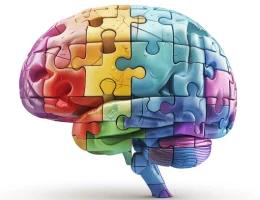The study by Wedel, Pieters, and van der Lans (2023) reviews advancements in modeling eye movements to understand decision-making processes. Eye tracking offers valuable insights into perceptual and cognitive mechanisms, making it a powerful tool for studying how individuals evaluate and make decisions. Background Eye movement studies have been instrumental …










